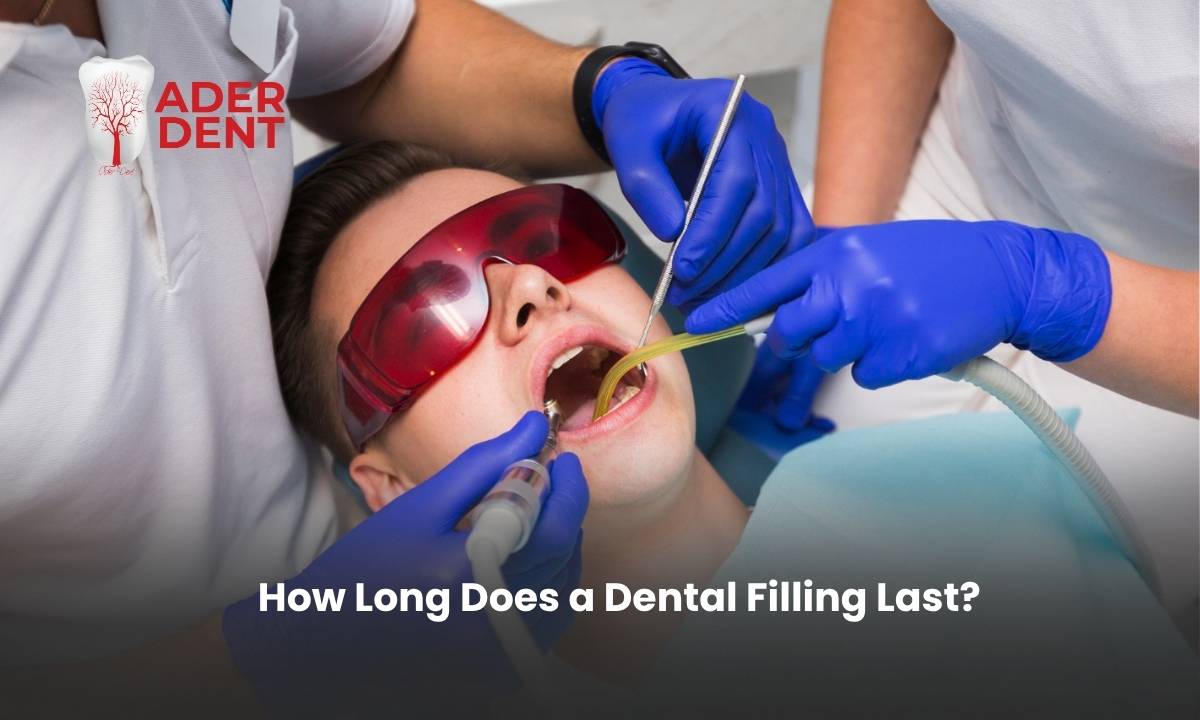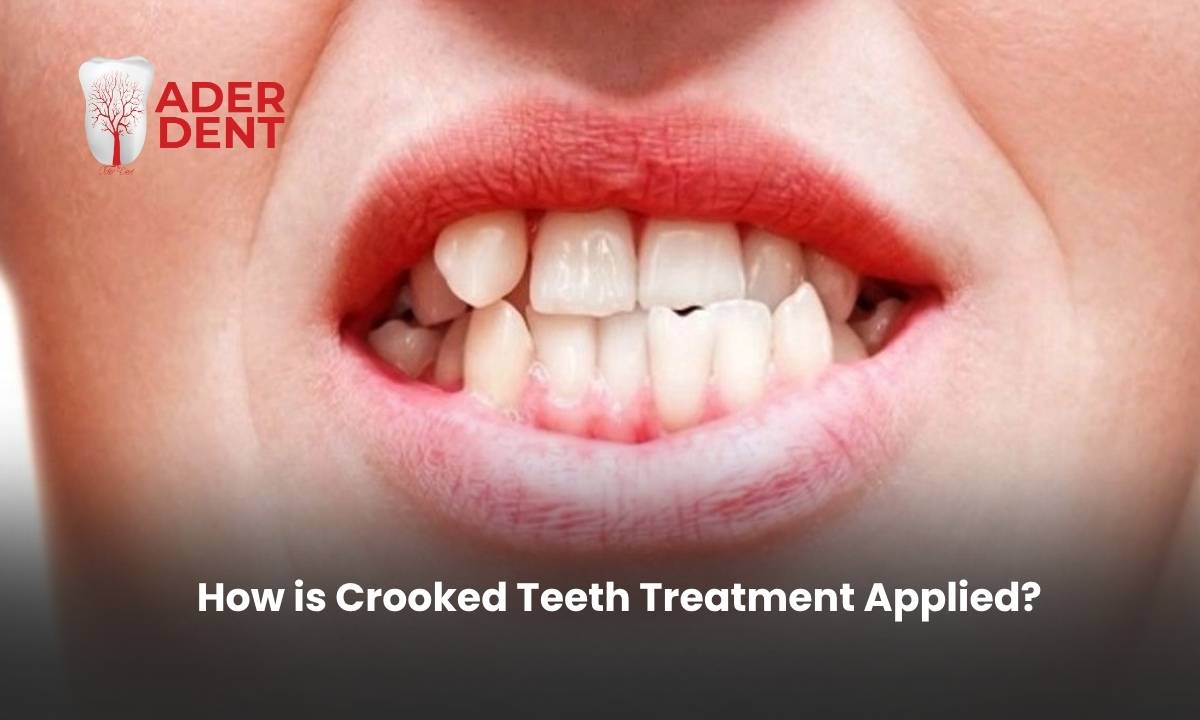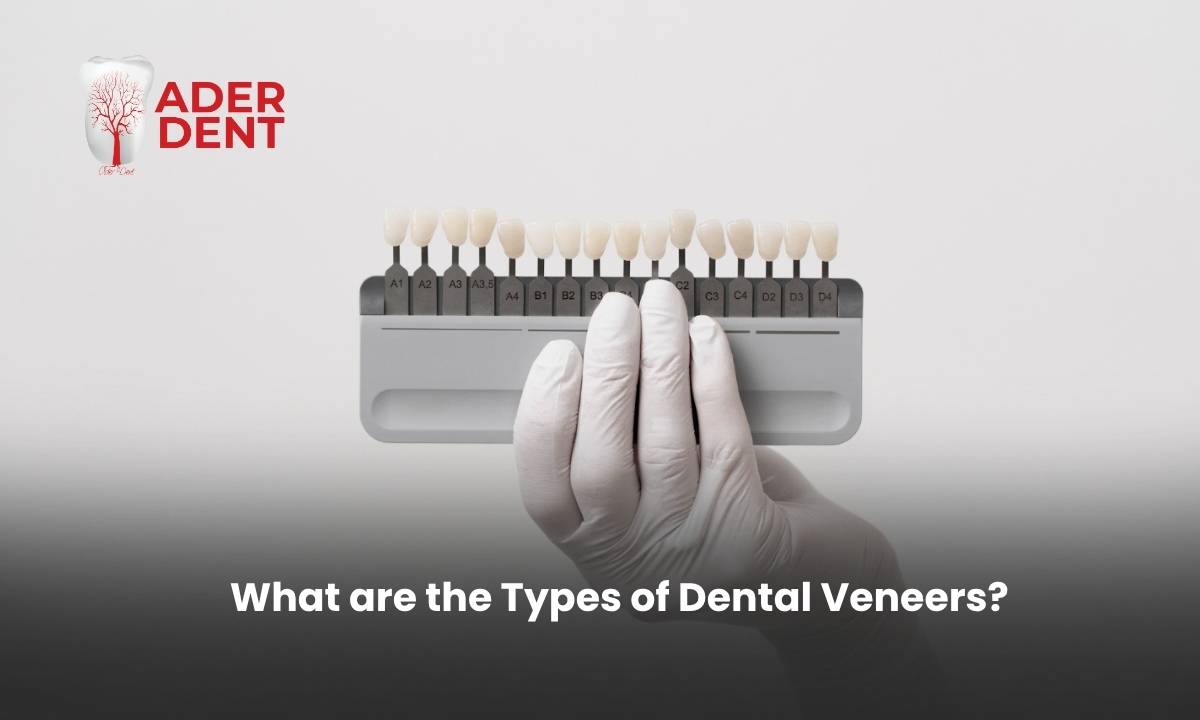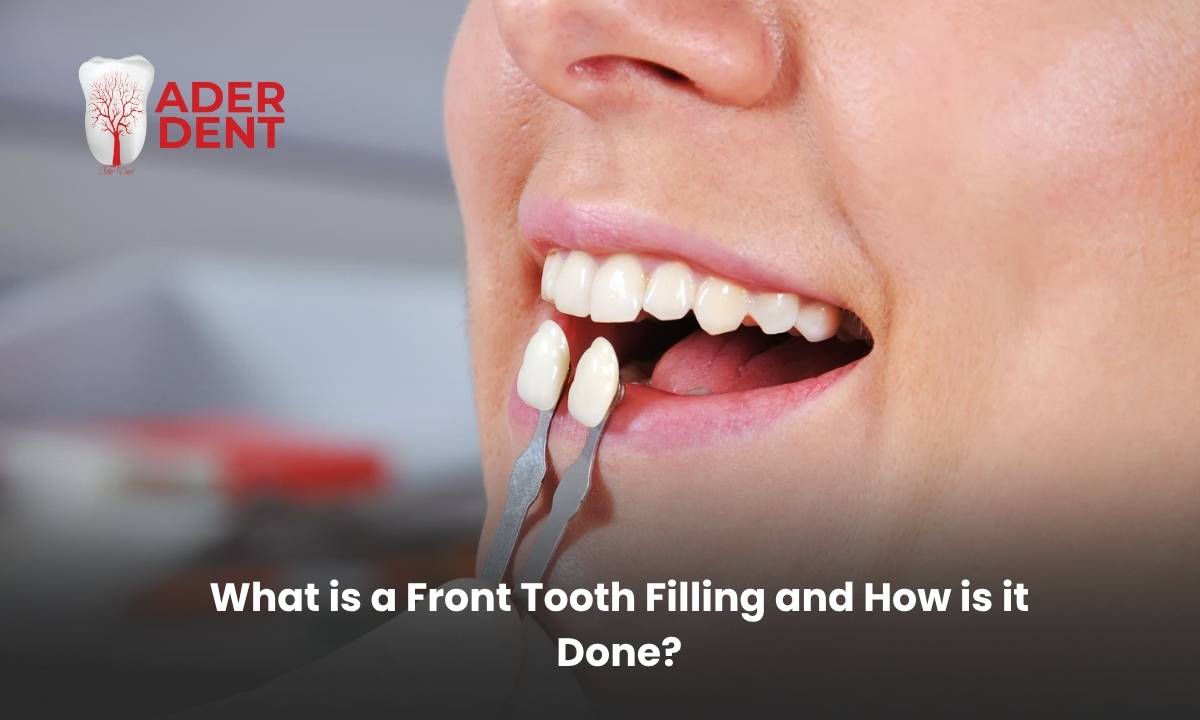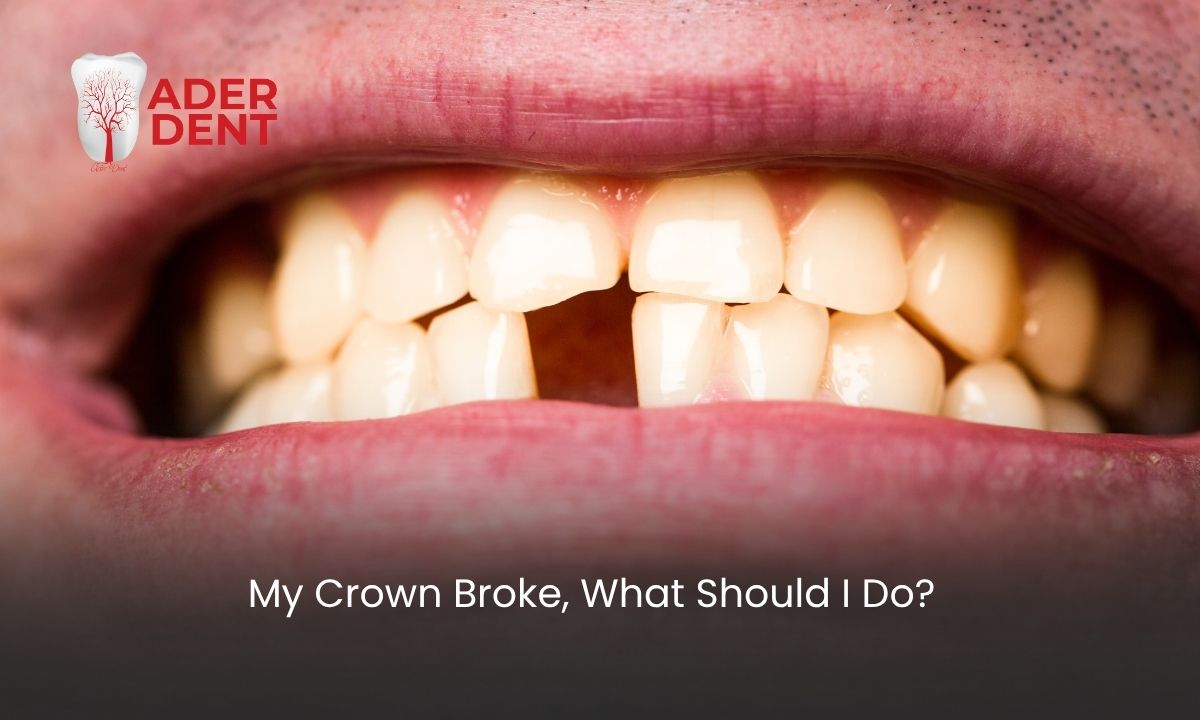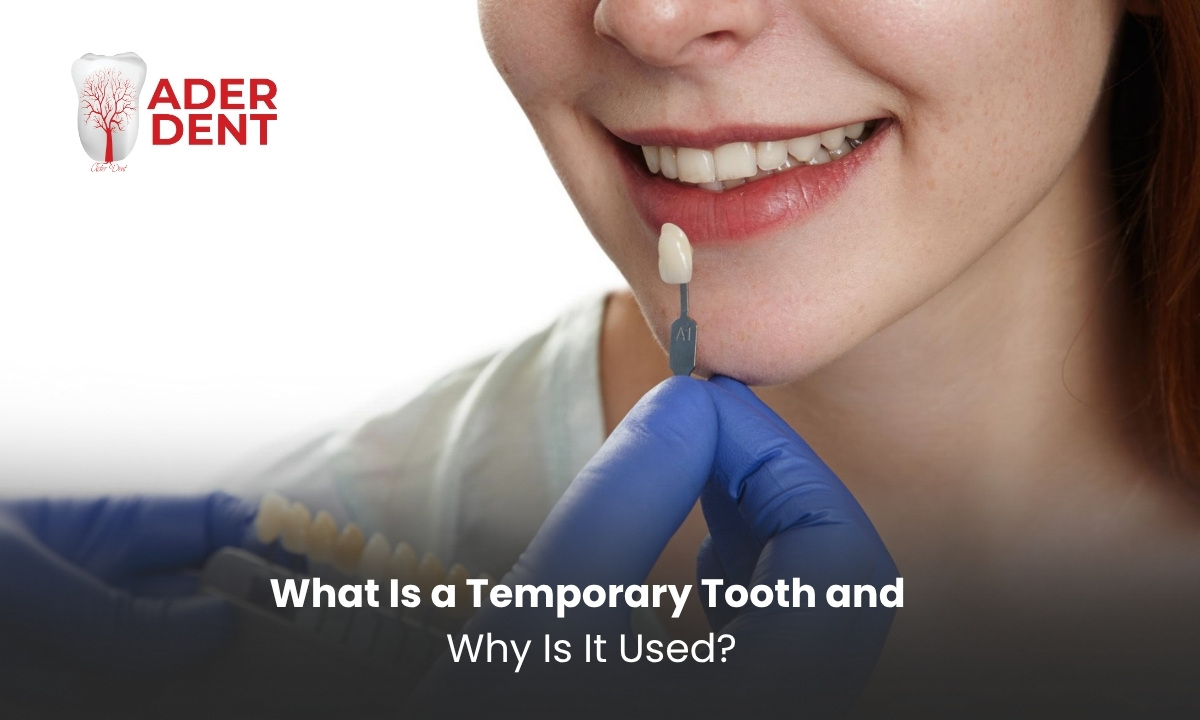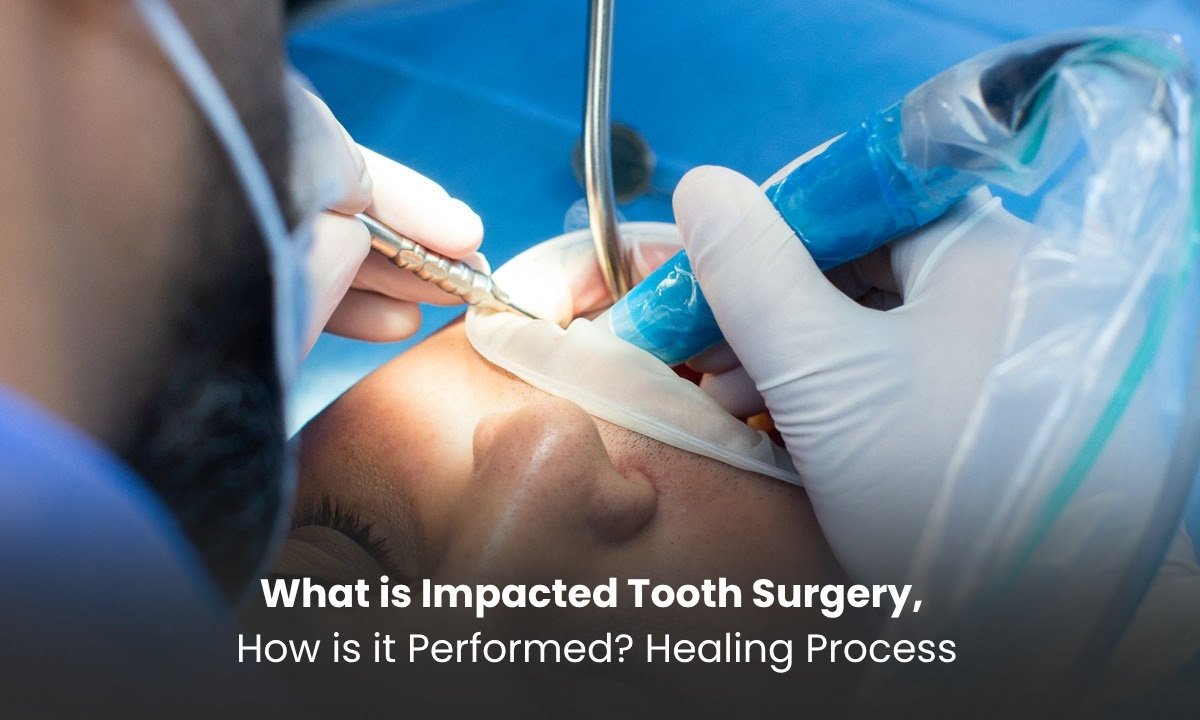
What Is Toothache?
A toothache is a painful sensation that occurs when the nerve tissue inside a tooth or the surrounding gum becomes inflamed. The pain can range from mild and short-lived discomfort to persistent, throbbing severe toothache that lasts all day. Especially at night, a toothache that keeps you awake is often a sign of an infection in the tooth root or inflammation of the nerve. A toothache is the body’s way of signaling that something is wrong. If left untreated, it can progress and lead to serious gum disease or abscess formation.
Types of Toothache
The intensity, duration, and location of tooth pain can vary, creating different types of toothaches. A mild toothache usually stems from enamel damage or gum recession and is felt as brief sensitivity or twinges.
A severe toothache, on the other hand, occurs when decay reaches the tooth nerves, or when there is an abscess or a need for a root canal.
Night-time toothaches that keep you awake are typically caused by increased nerve pressure, resulting in pulsating or throbbing pain that prevents sleep. In some cases, tooth pain radiates to the head, ear, or jaw area, showing that the pain has spread through nerve pathways to nearby tissues.
Symptoms and Causes of Toothache
Common symptoms of toothache include:
-
Throbbing or pressure around the affected tooth
-
Sensitivity to hot or cold food and drinks
-
Swelling or redness of the gums
-
Increased pain while chewing
-
Bad taste or odor in the mouth
Main causes of toothache include:
-
Decayed tooth: The most common cause. When the enamel layer is damaged, bacteria reach the nerves and cause pain.
-
Gum disease: Inflammation that reaches the tooth root and damages nerves.
-
Abscess: A pus-filled swelling at the root tip, often causing severe and constant toothache.
-
Teeth grinding (bruxism): Clenching teeth at night puts pressure on nerves, leading to pain.
-
Post-treatment sensitivity: After fillings or root canal treatments, temporary toothache may occur.
How Long Does a Toothache Last?
The duration of a toothache depends entirely on its cause. A mild toothache due to enamel damage may last only a few hours, while an infected or throbbing toothache can persist for days. Pain tends to worsen at night because lying down increases blood pressure around the tooth roots.
If the toothache lasts longer than two days or becomes progressively more intense, this likely indicates an infection inside the tooth, and a dentist visit is essential.
Are There Any Home Remedies for Toothache?
Some home remedies can provide temporary relief, especially for mild toothache. Rinsing with warm salt water helps reduce bacteria, while applying a cold compress minimizes swelling. Clove oil, thanks to its natural antiseptic properties, can numb the gum and lessen the pain for a short time. Over-the-counter painkillers can also reduce discomfort.
However, for severe or sleepless toothache, these methods only offer short-term comfort. If there’s an infection in the tooth root, only professional dental treatment can permanently resolve the pain.
Can Toothache Be Prevented?
Yes, toothache can largely be prevented through proper oral hygiene. Brushing teeth twice a day, flossing daily, limiting sugary foods, and visiting the dentist at least twice a year significantly reduce the risk of toothache. A mild toothache detected early can usually be treated with a simple filling. But if ignored, it may progress into a severe, throbbing toothache that keeps you awake at night.
What Helps with Toothache?
The most effective way to relieve a toothache is to treat the underlying cause. Still, for temporary comfort, you can apply a cold compress, rinse with warm salt water, or take painkillers. These methods can reduce swelling and pressure, but they only mask the pain. People suffering from persistent or sleepless toothache should not expect long-term relief without seeing a dentist.
When Should You Go to the Emergency Room for Toothache?
If your toothache becomes unbearable, if you notice swelling in the face, develop a fever, or if the pain spreads to your ear, eye, or head, you should seek emergency care immediately. Such symptoms often indicate a severe abscess or spreading infection.
When a toothache that keeps you awake is accompanied by fever and swelling, the infection can progress rapidly. Without prompt medical attention, it may cause serious health complications.


 TR
TR













